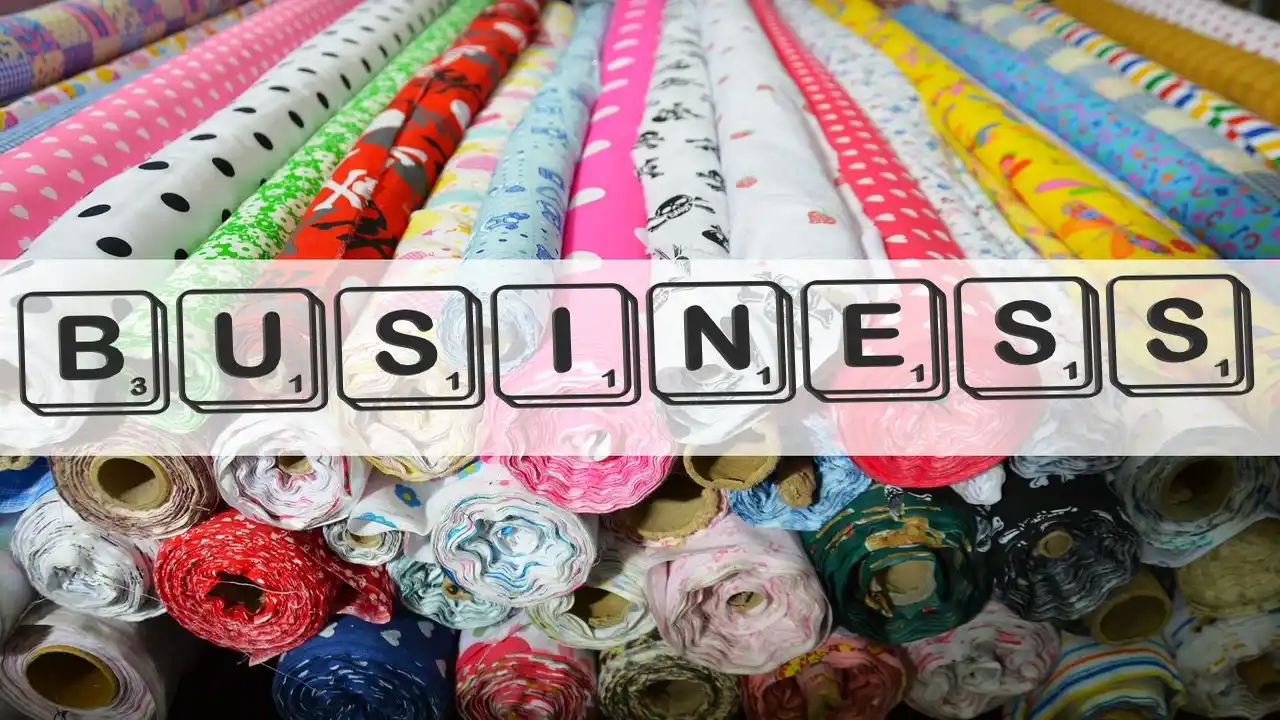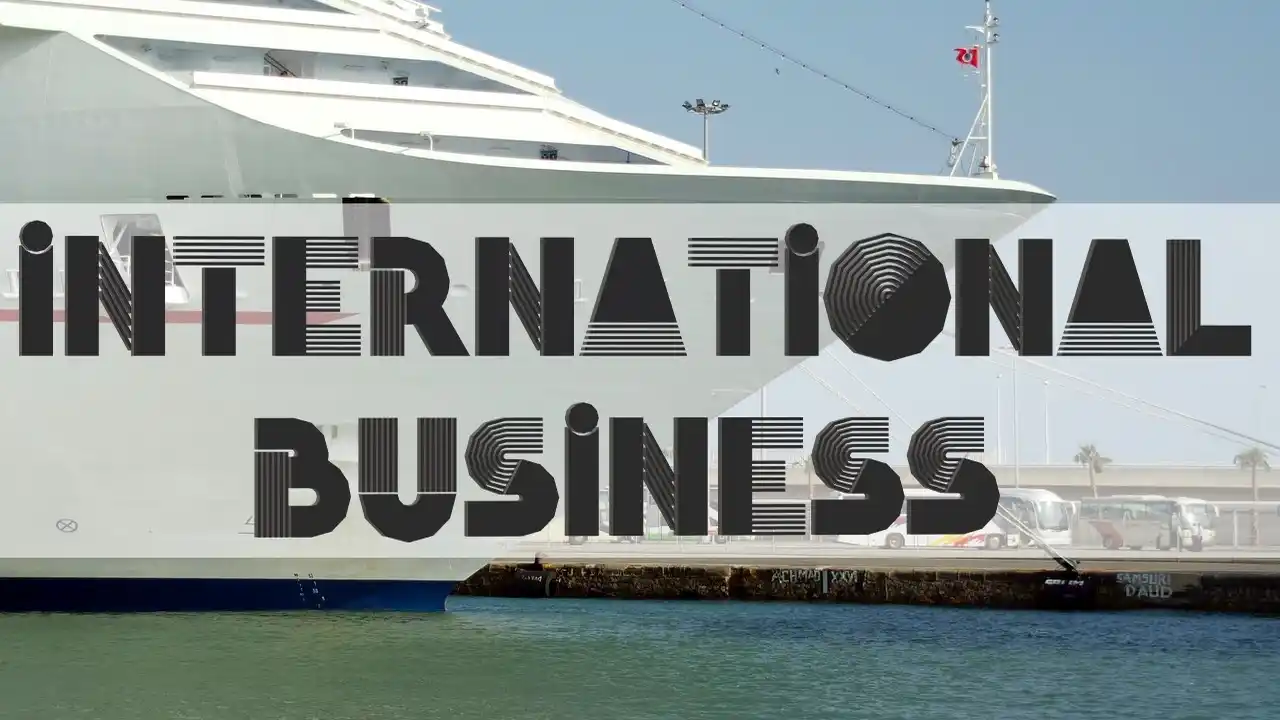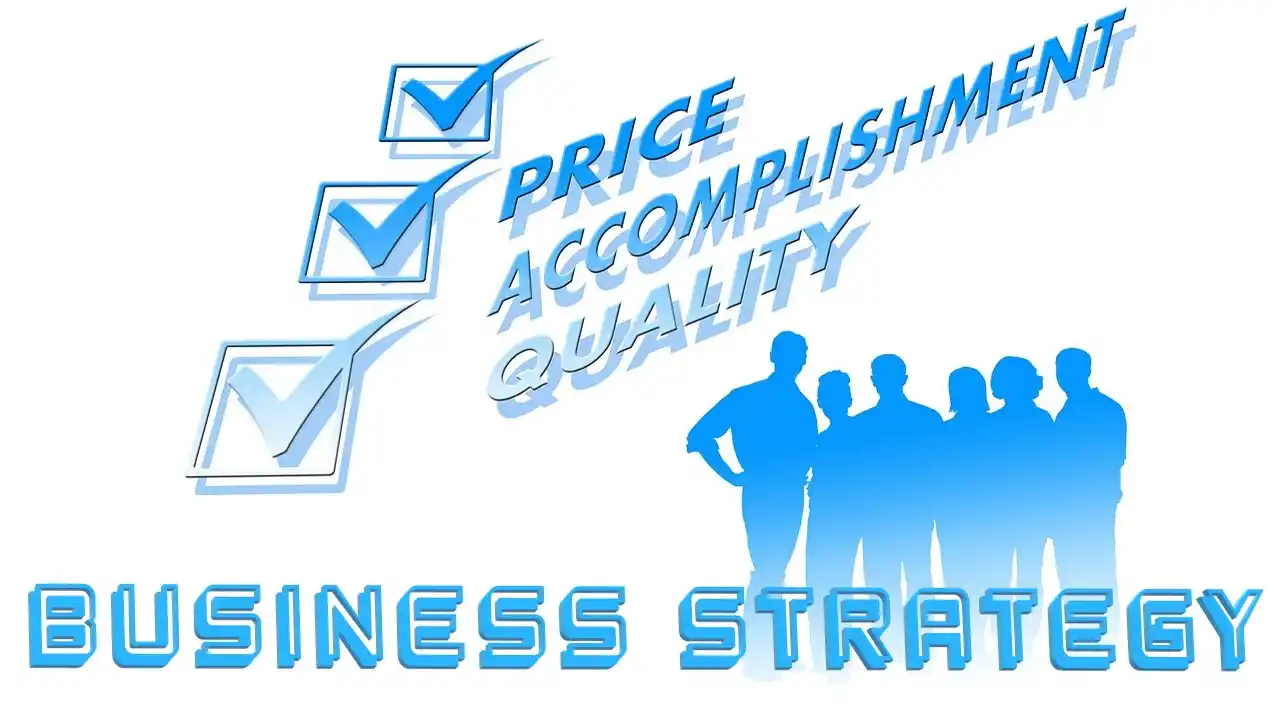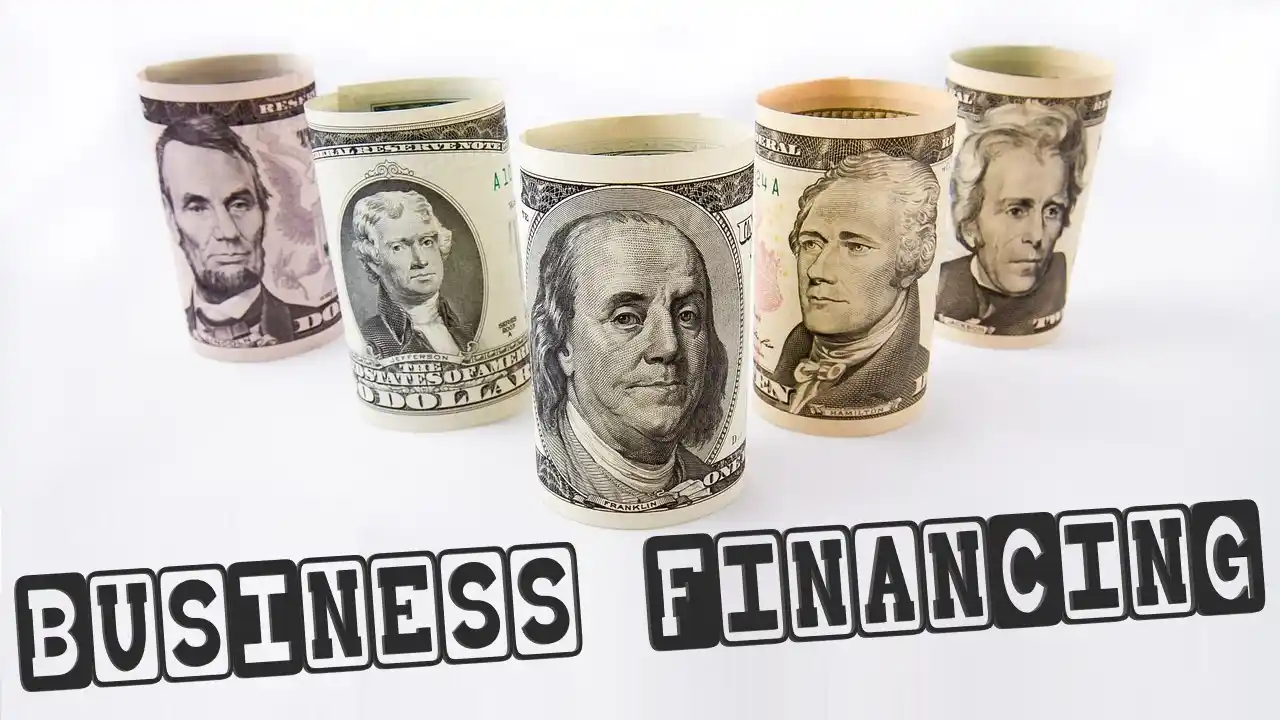When lending money to an enterprise, banks, and other financial institutions assume financial risk. Due to this risk, many creditors require collateral from businesses. To obtain a loan, a user provides a lender with collateral, which is something they own. Physical assets include accounts receivable, while buildings and automobiles are examples of intangible assets. There are both material and immaterial commodities. We will go over the collateral in business in detail in this article.
The majority of the time, having a good credit history, a healthy cash flow, and other desirable characteristics is not sufficient to exempt you from this requirement. For a conventional lender, such as a bank or credit union, to grant you a commercial loan, you will likely need to pledge cash or other assets as collateral. Consider the following scenario: Mr. Abay is the sole owner of a business. Therefore, he requires funds to help him develop similarly. Additionally, he possesses a piece of land that is solely in his name. Mr. Abay could use this property as collateral to repay the debt. This enables him to obtain a loan secured by the land.
Collateral in Business
Most people who start a business for the first time soon discover that even the best business plan cannot reach its full potential without sufficient funding. A business that is doing well must expand, which requires additional capital. This results in a problem that has long plagued small business owners: how to save enough money to help their enterprises expand. A loan is typically the finest option for a small business owner. However, when someone incurs debt, both the lender and the borrower encounter risks.
The greatest threat is that the consumer will be unable to repay the loan. The failure of the borrower to make payments according to the terms of the loan contract prevent the intend increase in capital that supposed to improve the company’s finances. Additionally, if the borrower does not repay the loan, the investor will lose all of the money invested. Right? In this post, we’ll examine the collateral in business and grab extensive knowledge on the topics.
Inventory
A product-based business may be able to use its products as collateral to secure a loan, depending on how they are valued. Small business owners who need money to stock their shelves but don’t have enough currency on hand also have the option of inventory financing. In this case, the money would spend on products that would use as collateral for the loan.
Cash
Lenders prefer cash as additional collateral, which can demonstrate by a business savings account. You likely already understand why this is the case: a large amount of money ensures that the lender can retrieve their money swiftly and easily if you fail to repay the loan. They won’t have to cope with the difficulty of selling something because they won’t have to.
Typically, you will apply for a loan secured by your savings account at the bank that manages your current savings account. (also known as a “cash-secured loan” in other contexts). Since the bank can terminate your account if you do not repay your loan, the lender is not overly concerned. This should result in the user receiving the optimal interest rate for their circumstances. Using your savings account as collateral is a high-risk move from the borrower’s perspective because you could lose all of your money.
Vehicles
As with other forms of machinery and equipment, the business car can be used as collateral when requesting secured credit. Before applying for a secured business credit, you must, as was previously stated, know the value of your company’s automobiles.
Accounts Payable
If you are unable to repay a debt, your collector may be able to use funds from unpaid invoices instead. Customers who purchase your products or services may or may not be aware that their payments are being used as collateral, depending on the requirements of your lending institution.
Business Machinery or Apparatus
Lenders prefer collateral in business in the form of company-owned tools or equipment. In industries such as construction and manufacturing, equipment is typically both valuable and accessible. In contrast, the value of instruments may decline over time. If your machines are in poor condition, it may be difficult to obtain a significant sum of money.
Property Management
Real estate is one of the most common forms of security used in business transactions. Because real estate can be worth hundreds of thousands of dollars and has a history of maintaining its value, lenders assign it a high value. This may make it simpler to obtain loans for larger quantities. You may utilise any property that you or your company possesses. But before agreeing to use your primary residence as security, you should give it serious consideration. If you are unable to make payments on the business credit you obtained, you risk losing your home.
Personal Assurance
A personal guarantee is a type of collateral in business typically used in conjunction with another form of security. If the other form of security is insufficient to cover the fixed costs, the lender may seize the borrower’s personal property to satisfy the debt.
Invoices
Due to late payments and unpaid accounts, numerous enterprises are currently in a difficult financial position. In fact, the entire field of finance known as “invoice financing” is devoted to situations like these. Invoices can be used in a variety of ways, including as collateral, and are a great method to obtain cash when you need it quickly.
Equipment
This includes both office and work-related equipment. For instance, you may be able to use an expensive cash register as collateral in business if the lender first determines its current and prospective value and then ensures that it is adequately insured.
Investments
Among other things, you can obtain credit for your business by investing in securities and bonds. They are apt to be highly liquid because they can sell rapidly, making them popular among creditors. You can secure a loan with either the investments of your business or your own assets. If the value of your investments falls below the amount of debt you still owe, you could find yourself in a difficult situation.
Savings
Money in the bank is not always the greatest option when it comes to putting up security. Even if you can obtain a loan with a higher interest rate, you should not use your savings as collateral.
Receivables
A receivable is the quantity of money owed to you by a customer for goods or services already provided. Lenders prefer debts that have been unpaid for less than ninety days because they are nearly as good as currency.
FAQ
What can I Use as Security for a Company Loan?
The most common form of collateral in business is cash, but securities, certificates of deposit (CDs), and business bonds may also use. The most liquid form of security is currency. Another form of collateral is tangible property, such as a house, a piece of machinery, a vehicle, or a supply of goods. Invoices and accounts payable are two examples of financial assets that may serve as collateral.
What Exactly is a Security Payment?
In other words, collateral in business is something of value that the lender can seize from the borrower if the borrower fails to repay the loan in accordance with the agreed-upon terms. For instance, when you obtain a mortgage, you incur debt. The majority of banks will require you to use your home as collateral for the loan.
What do Companies Use as Collateral?
What assets can I use as security for a business loan? The most common form of collateral is cash, but securities, certificates of deposit (CDs), and business bonds may also use. The most liquid form of security is currency. Another form of collateral is tangible property, such as a house, a piece of machinery, a vehicle, or a supply of goods.
Final Words
You are already ahead of the majority of marketers because we discussed the potential of web-based content in the previous section. Why not begin by creating some assistance materials with us? Foleon enables you to create interactive digital catalogs, annual reports, and brochures immediately. Our tool’s linear layout gives it the appearance and feel of a magazine, which is ideal for keeping your audience turning pages in quest of more information. In this post, we’ll examine the collateral in business and grab extensive knowledge on the topics. To gain a comprehensive grasp of profitable home business ideas, read beyond the superficial level.






